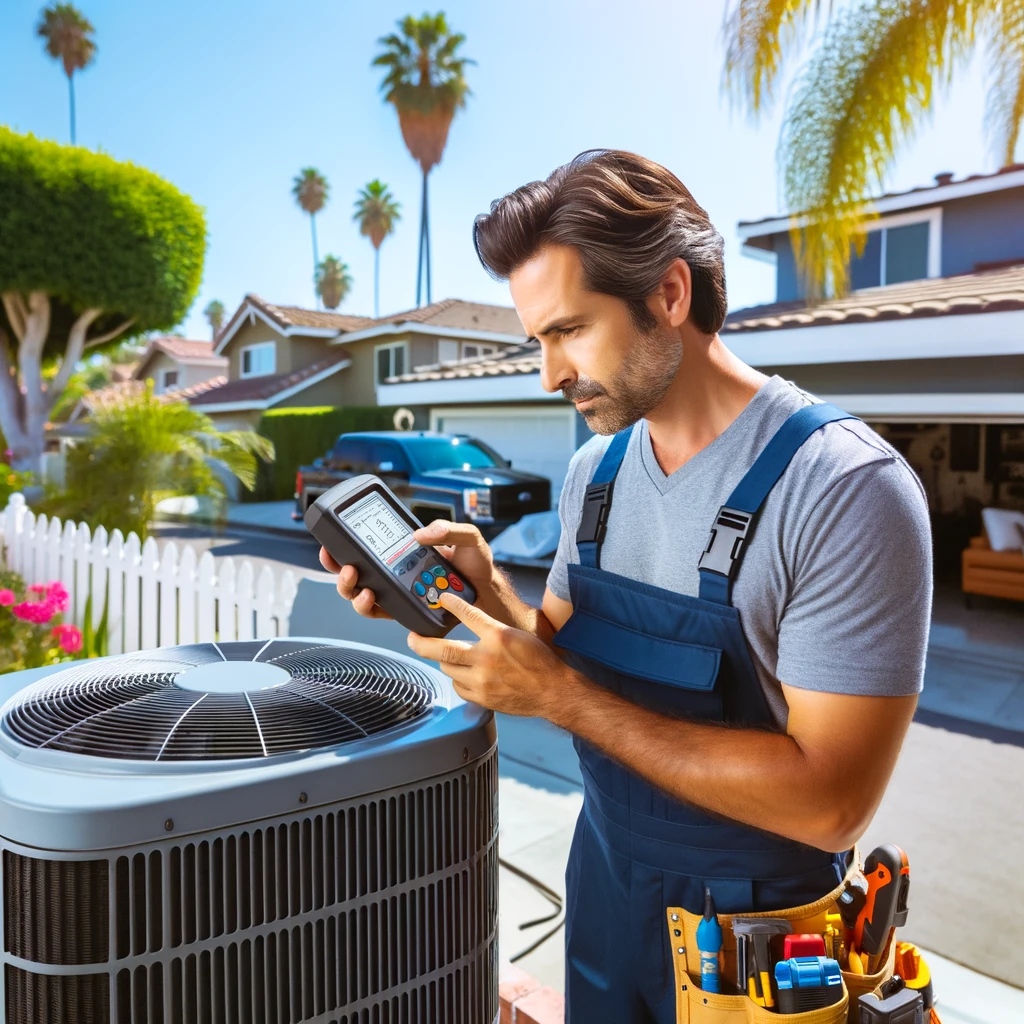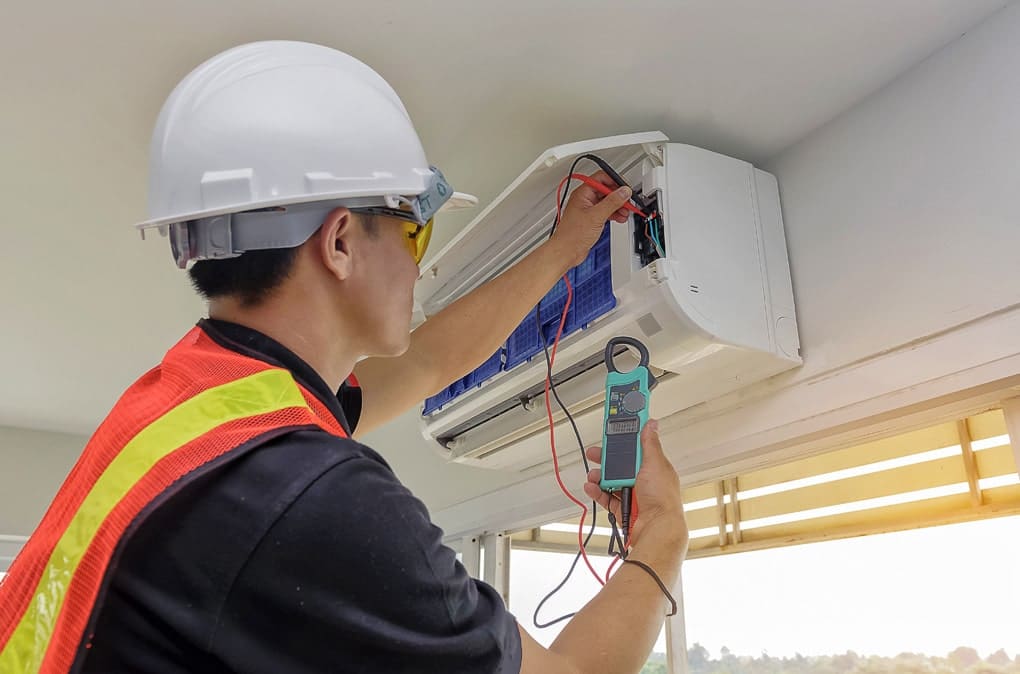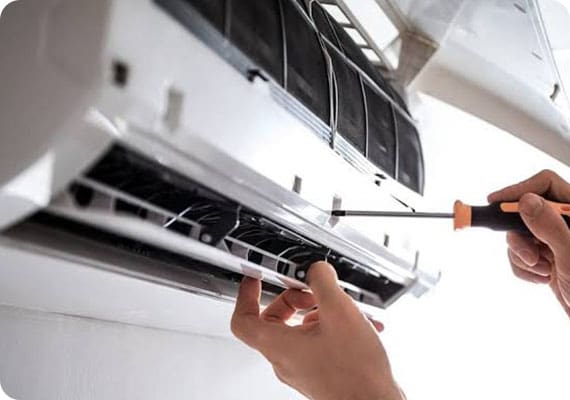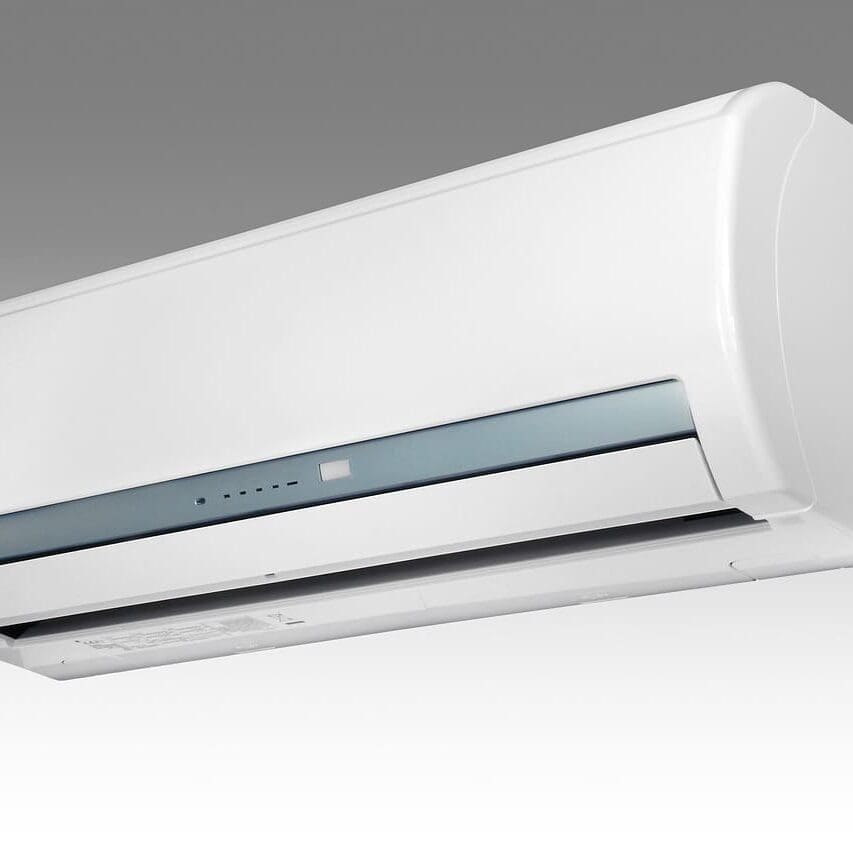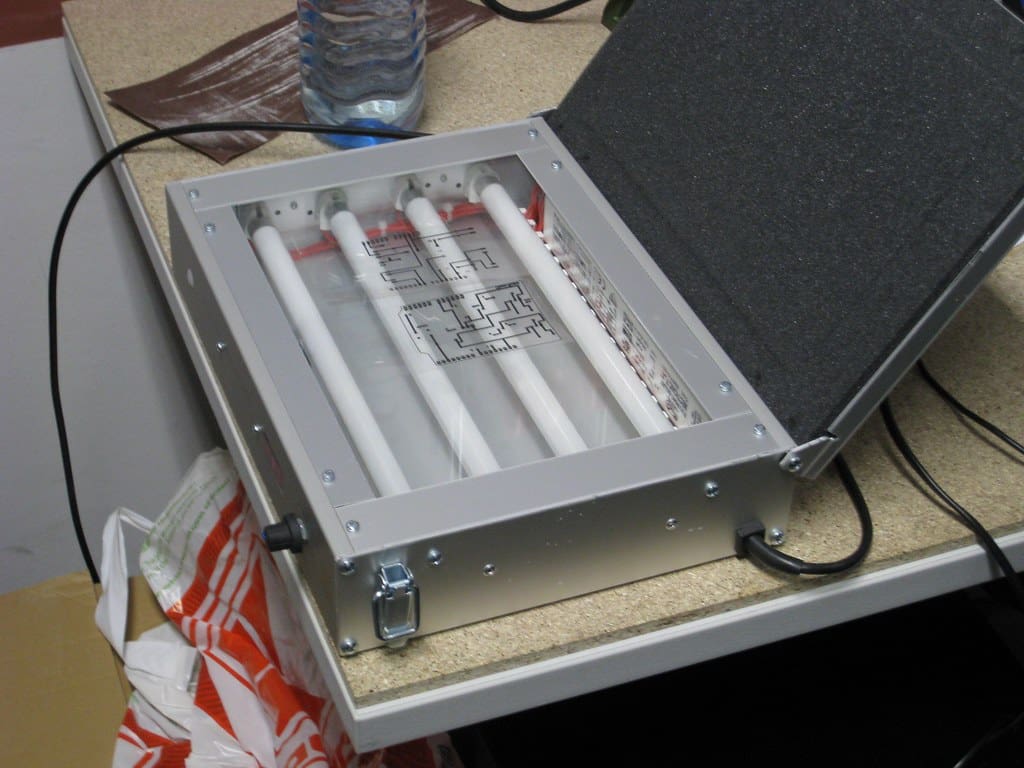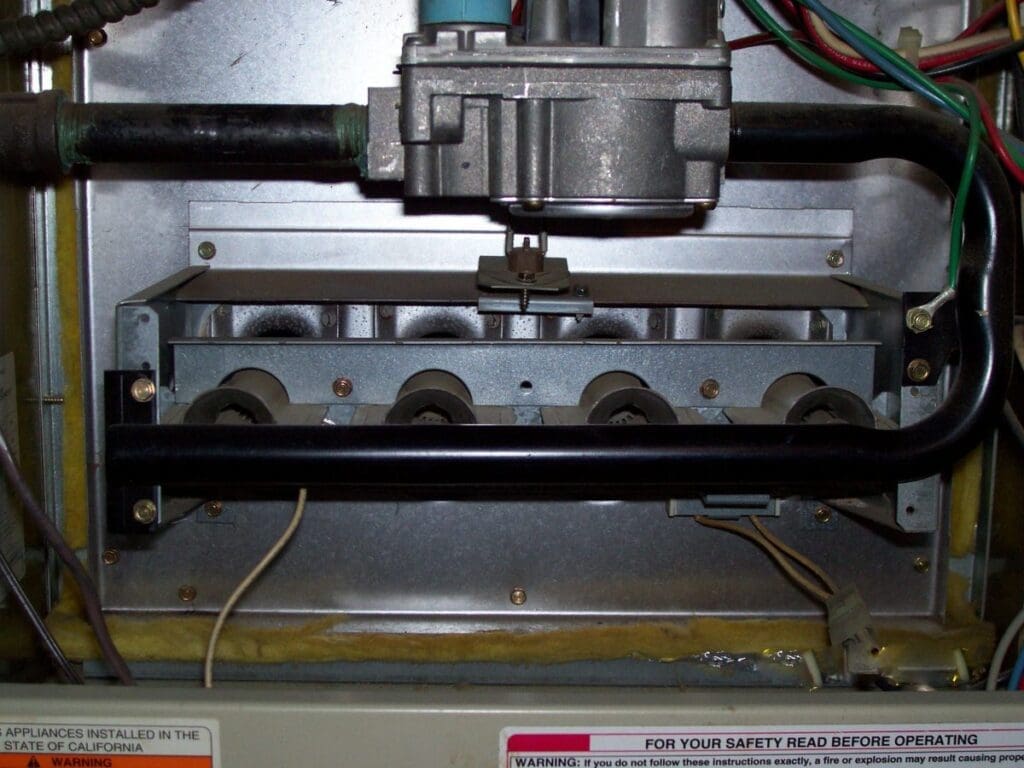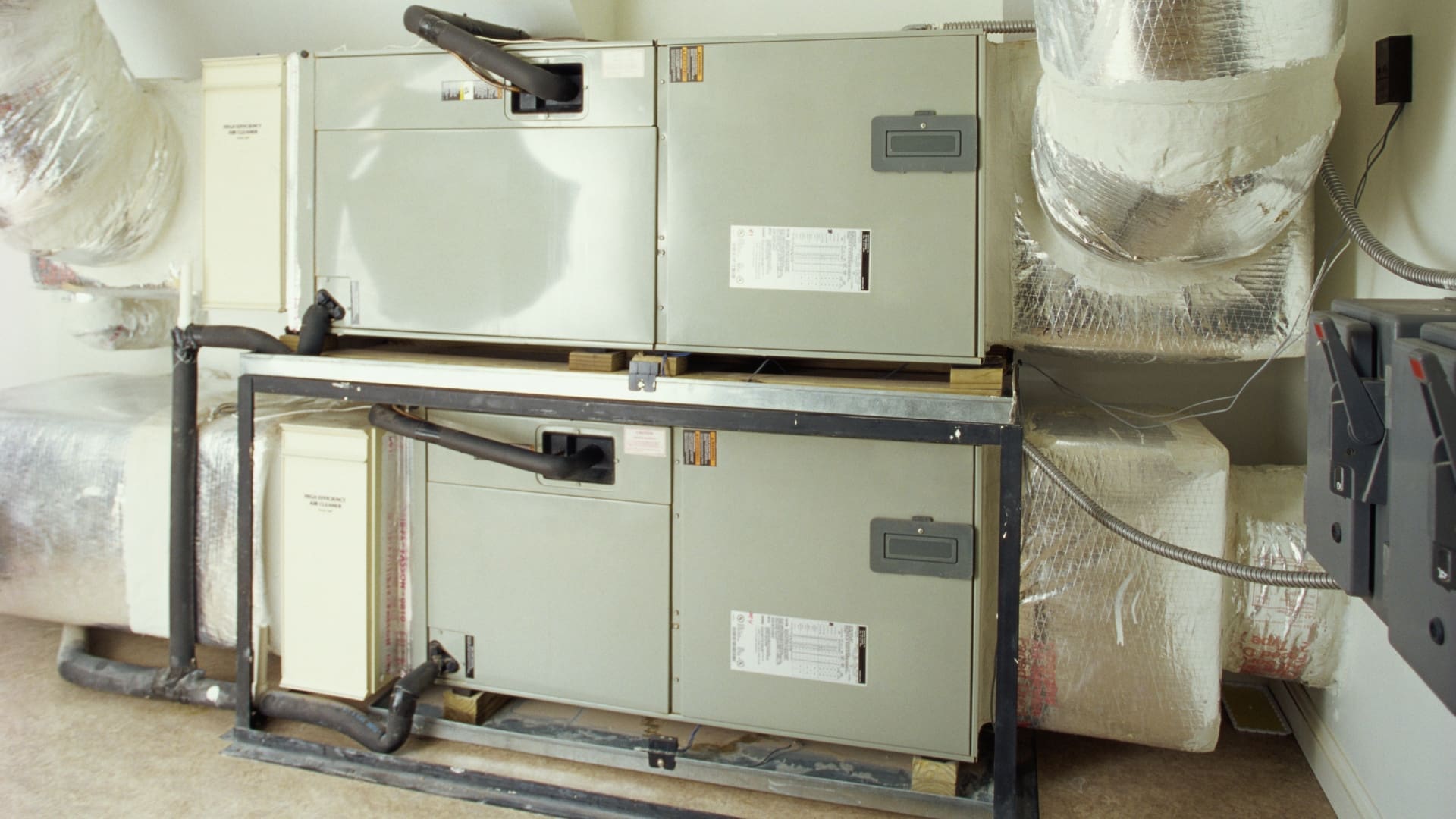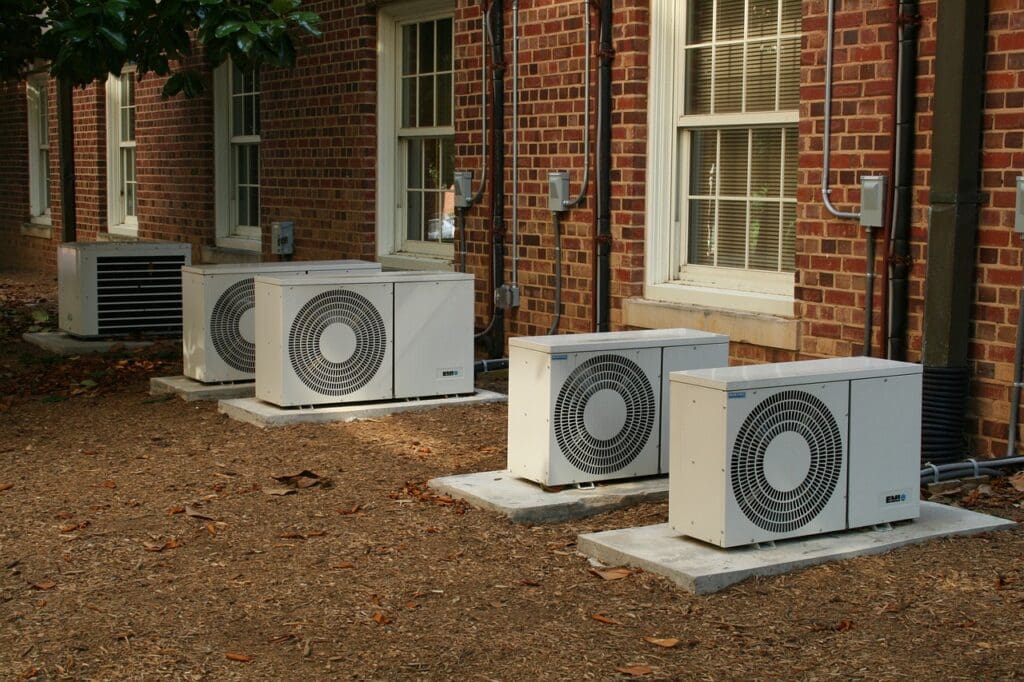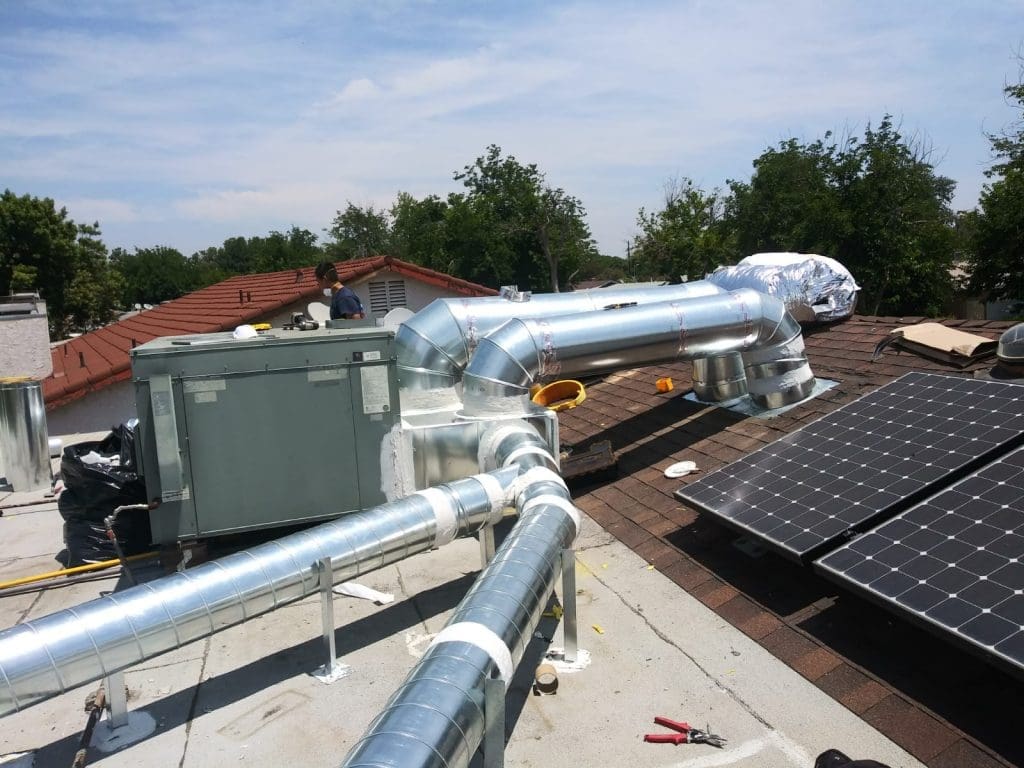LC Heating & Air Santa Fe Springs
LC Heating and Air offers comprehensive repair services for both air conditioning and heating systems in Santa Fe Springs, 90670. Our experienced technicians are equipped to handle all types of HVAC issues, ensuring your home or business remains comfortable year-round. We prioritize prompt, reliable service and use quality parts to restore system efficiency. Whether it’s routine maintenance or emergency repairs, LC Heating and Air is committed to delivering expert solutions tailored to your specific needs, enhancing system performance and longevity.
LC Heating and Air proudly serves the 90670 area and the Santa Fe Springs community, addressing the unique weather challenges of southeastern Los Angeles County. With hot summers and mild winters, residents require reliable HVAC systems for comfort and efficiency. LC Heating and Air specializes in tailored heating, ventilation, and air conditioning solutions that meet local climate demands, ensuring optimal indoor air quality and energy savings for homes and businesses in this dynamic region.
Services We Provide Near Santa Fe Springs
We are here to deliver the best service for AC Emergency in Santa Fe Springs. At LC Heating and AC, we recognize that HVAC emergencies in Santa Fe Springs can be incredibly stressful and troublesome . That’s why we strive to delivering the best HVAC Install and Repair near Santa Fe Springs.
Call LC Heating and AC for Top HVAC Install and Repair service near Santa Fe Springs 90670
LC Heating & Air Conditioning Providing the premier service for in Santa Fe Springs.
LC Heating and Air is a trusted professional company specializing in AC and heating installations in Santa Fe Springs. They offer expert services for both electric and gas furnace systems, ensuring efficient and reliable climate control solutions. With a focus on quality workmanship and customer satisfaction, LC Heating and Air utilizes the latest technology and industry best practices to deliver safe, durable, and energy-efficient installations tailored to each client’s needs.
Our Mission & Values
Our staff at LC Heating & Air Santa Fe Springs consists of qualified specialists with extensive expertise and skill in the field of heating, ventilation, and air conditioning services. With a dedicated focus to ensuring excellence, we provide reliable and affordable in Santa Fe Springs for maintenance, repairs, and installations. Call us at (818)858-7080 in Santa Fe Springs for a no-cost consultation from our skilled technicians.
LC Heating and Air provides fast, trustworthy HVAC installation and repair services in the 90670 area near Santa Fe Springs, a city in southeastern Los Angeles County. With around-the-clock emergency service, they ensure clients receive prompt assistance whenever needed. Their experienced technicians are dedicated to maintaining comfort and safety in both residential and commercial properties. LC Heating and Air’s commitment to reliability and quality makes them a trusted choice for emergency HVAC solutions in the region.
Our team also recognizes the value of energy efficiency and cost-effectiveness. That’s why we feature a wide range of energy-efficient products and including automated thermostats, premium air filters in Santa Fe Springs. These products and services will assist you save money on your energy bills and do your part to protect the environment.
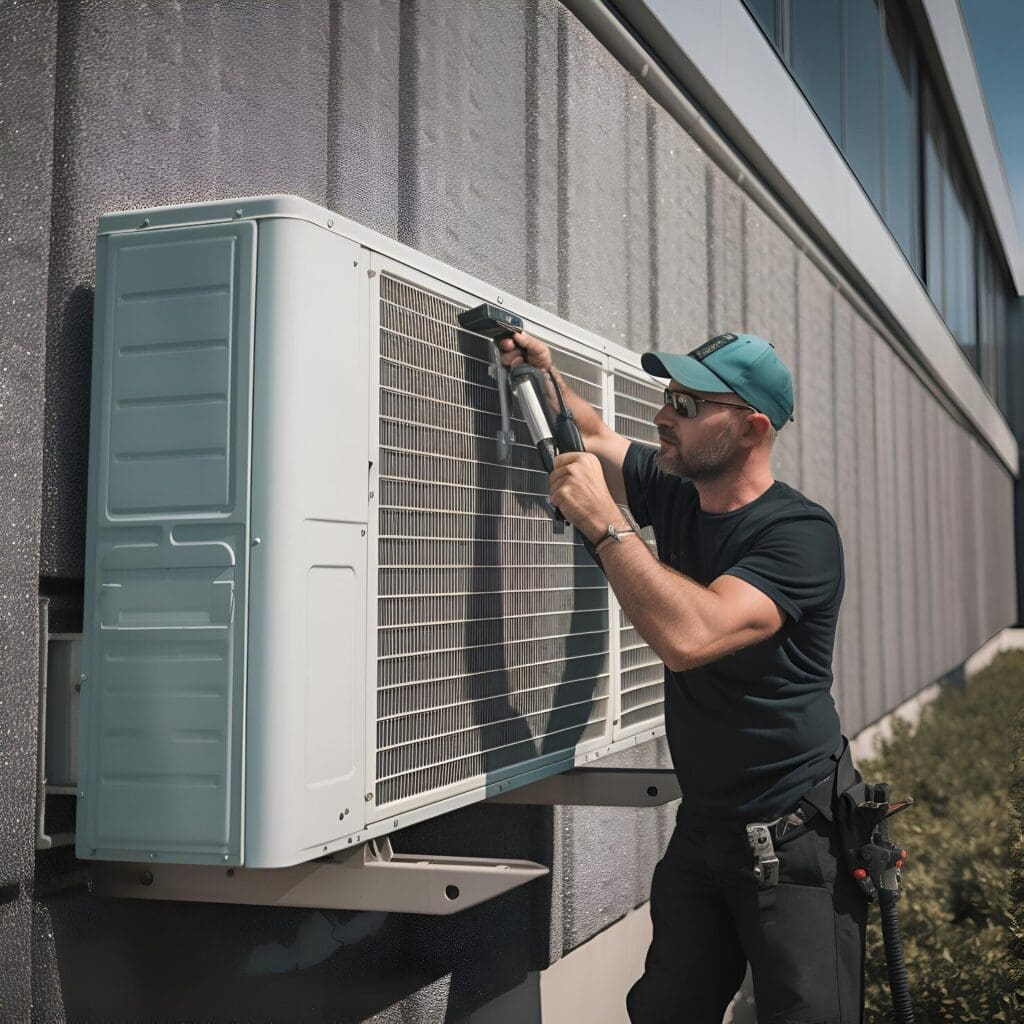
Tips and Tricks
Learn about all aspects of air conditioning and heating in your area Santa Fe Springs, featuring DIY HVAC repair tutorials and advice on improving energy efficiency.
LC Heating and Air HVAC Services in Santa Fe Springs FAQ:
What services does LC Heating and Air offer near Santa Fe Springs?
LC Heating and Air offers a comprehensive range of HVAC services in Santa Fe Springs, including air conditioning installation, AC maintenance, heater installation, furnace installation, duct installation, and vent repair.
How often should I schedule HVAC repair in Santa Fe Springs?
It’s recommended to schedule HVAC maintenance twice a year in Santa Fe Springs: once in autumn for AC and once in spring for heating. Regular maintenance ensures optimal performance, energy efficiency, and extends the lifespan of your HVAC system.
Does LC Heating and Air offer emergency HVAC assistance in Santa Fe Springs?
Yes, LC Heating and Air provides 24/7 emergency HVAC services for Santa Fe Springs residents. Whether you’re facing a sudden AC breakdown in warm months or a heating system failure in winter, their technicians are available round-the-clock to address urgent issues related to maintenance of AC.
What types of air conditioning systems does LC Heating and Air work with in Santa Fe Springs?
LC Heating and Air works with a wide variety of air conditioning systems in Santa Fe Springs, including window units. They can install all major brands and models of AC equipment.
Are there any energy-efficient HVAC solutions offered by LC Heating and Air for Santa Fe Springs homes?
Yes, LC Heating and Air offers various energy-efficient HVAC solutions for Santa Fe Springs homes. These include energy-efficient heat pumps. They can also provide recommendations for improving your home’s overall energy efficiency.
A Local 24/7 AC Maintenance Expert Near Santa Fe Springs
In addition to our wide range of services and products, we also provide competitive pricing and financing options to make our available in Santa Fe Springs to all our valued clients. We also provide a range of service plans to guarantee that your HVAC system is consistently operating at optimal efficiency .

